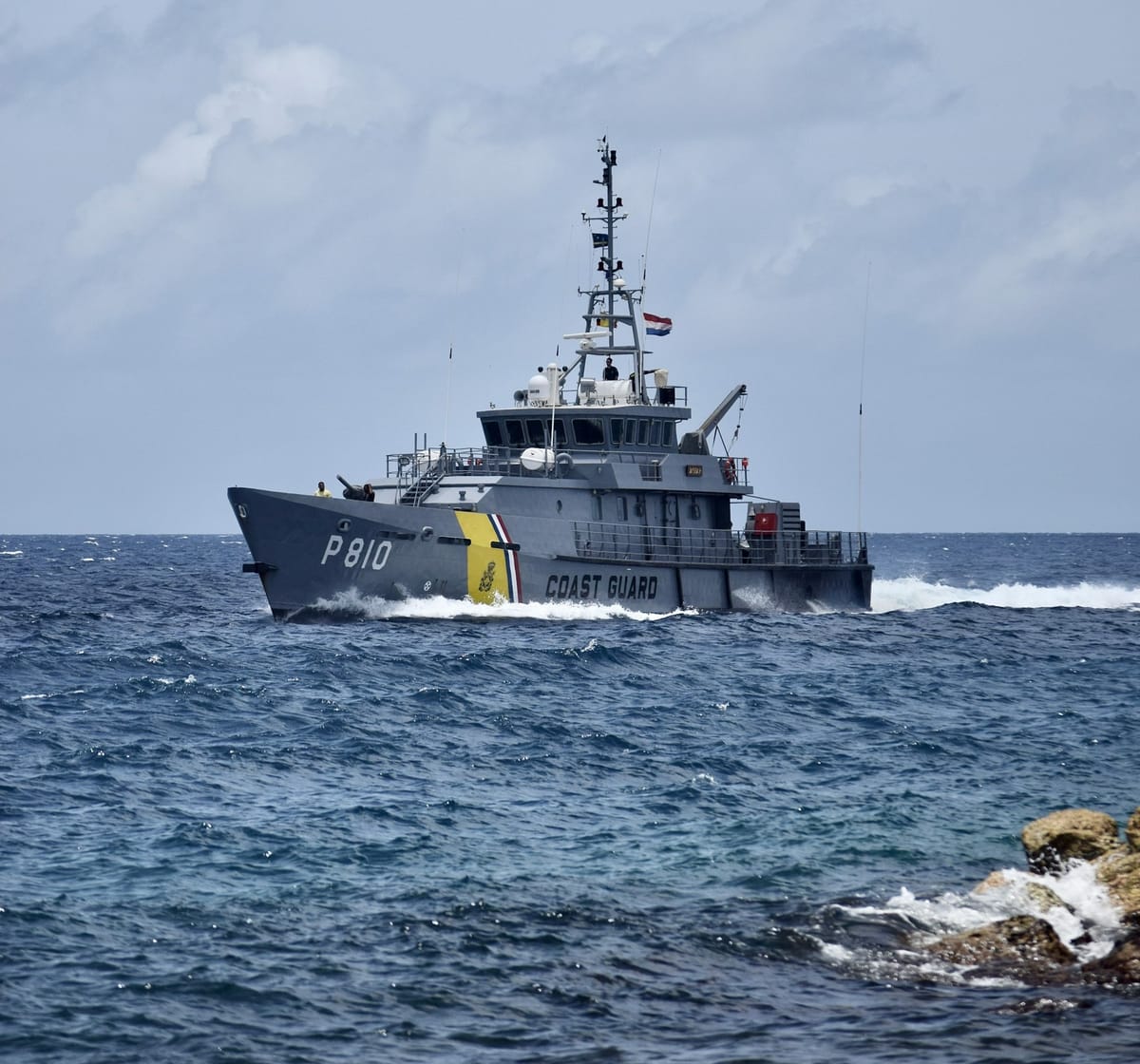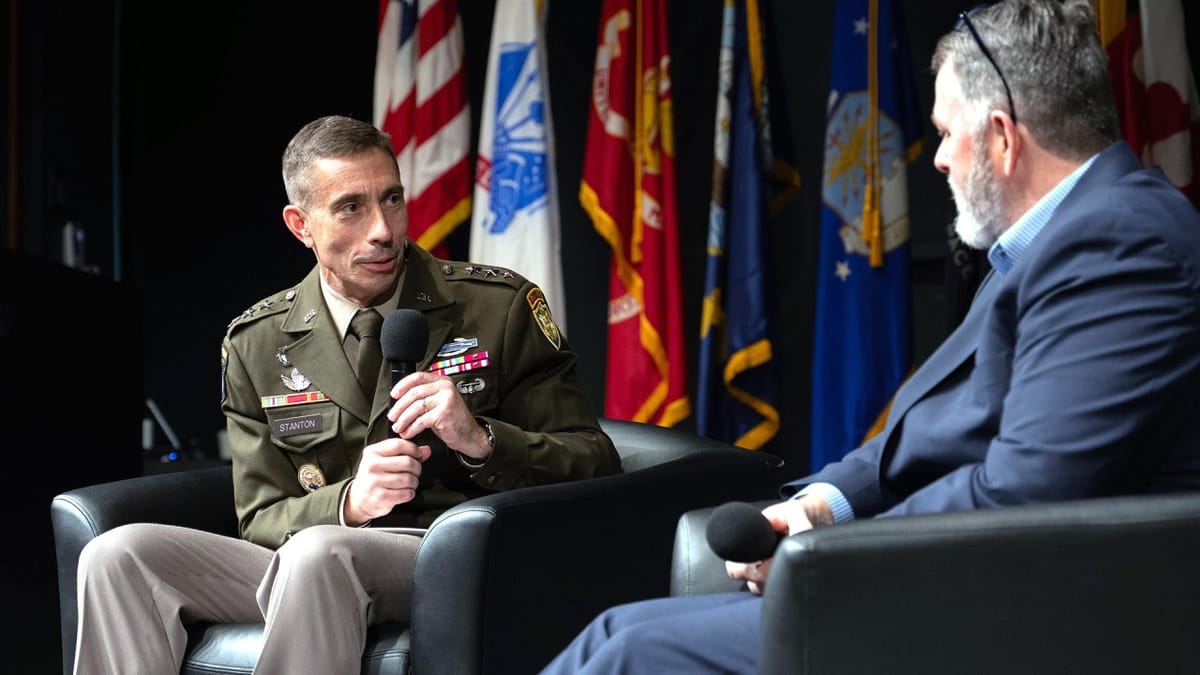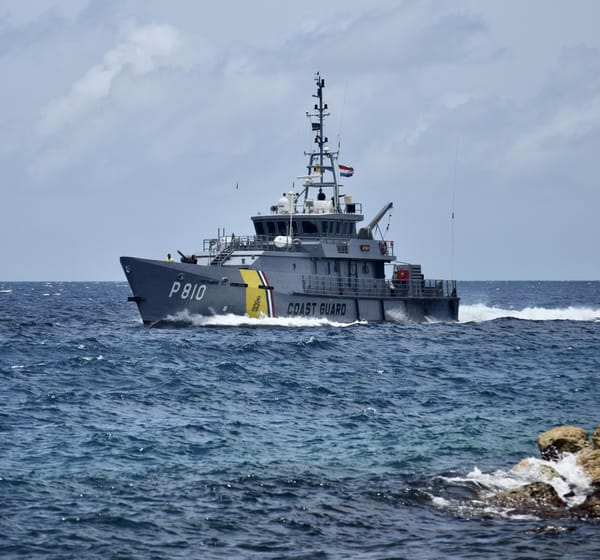NSA Leadership Maintains Course Amid Political Turbulence After Former Chief's Stark Defcon Warning

Agency faces continued uncertainty as acting director assumes control following high-profile dismissals
The National Security Agency finds itself navigating turbulent waters following former Director Paul Nakasone's stark warning at Defcon that technology companies will find it "very, very difficult" to remain neutral through 2025 and 2026. The sobering assessment comes as the agency operates under acting leadership following the Trump administration's controversial dismissal of top officials earlier this year.

Nakasone's Defcon Reality Check
Speaking with Defcon founder Jeff Moss in Las Vegas in early August, Nakasone, now an OpenAI board member, addressed the intersection of technology and politics following the Trump administration's removal of cybersecurity officials deemed disloyal and revocation of security clearances for former CISA directors Chris Krebs and Jen Easterly.
The former NSA chief painted a concerning picture of America's cybersecurity landscape, declaring that ransomware remains "among the great scourges that we have in our country," while stating the U.S. is "not making progress against ransomware". His comments reflect growing frustration within the cybersecurity community about the persistent threat posed by criminal organizations and state-sponsored actors.
Nakasone acknowledged concerns about maintaining neutrality in the tech sphere, predicting that maintaining a sense of neutrality will become "very, very difficult" by the next Defcon conference in 2025-2026, hinting at a future where even the perception of objectivity may be unsustainable.

Leadership in Transition
The timing of Nakasone's warnings is particularly significant given the NSA's current state of flux. Gen. Timothy Haugh, who succeeded Nakasone as NSA Director and U.S. Cyber Command chief in February 2024, was abruptly fired by the Trump administration in April 2025, along with his deputy, Wendy Noble, the NSA's civilian deputy director.

The firings came after far-right activist Laura Loomer met with President Trump and made recommendations about personnel, questioning their loyalty. Trump acknowledged speaking with Loomer and said she made recommendations, though he said any personnel decisions were his own.
Lt. Gen. William Hartman now serves as acting director of the NSA and acting commander of U.S. Cyber Command, while Sheila Thomas was designated as acting deputy director. Prior to his NSA designation, Hartman was the commander of the Cyber National Mission Force.

Current Leadership's Position
While Hartman has not directly responded to Nakasone's specific Defcon comments, his recent public statements suggest continuity in the agency's approach. During a Senate Armed Services subcommittee hearing in April, Hartman defended the dual-hatted role that combines NSA and Cyber Command leadership, telling lawmakers it allows more "speed and agility" to take on adversaries in cyberspace.

"I've continued to see this partnership evolve and our ability to execute increasingly more precise operations is fundamentally because the dual hat allows me, in my current capacity, to move with the speed and agility and unity of effort that is required," Hartman testified.

Congressional Concerns
The leadership changes have drawn sharp criticism from lawmakers. Sen. Mark Warner of Virginia, the top Democrat on the Senate Intelligence Committee, called Haugh's firing "astonishing," saying it occurred "while still failing to hold any member of his team accountable for leaking classified information on a commercial messaging app".
Rep. Jim Himes of Connecticut, the ranking Democrat on the House Intelligence Committee, expressed concerns about removing experienced leadership, stating: "I have known Gen. Haugh to be an honest and forthright leader who followed the law and put national security first — I fear those are precisely the qualities that could lead to his firing in this administration".

Nakasone's Broader Warnings
In earlier remarks this year, Nakasone warned that the United States is falling "increasingly behind" its adversaries in cyberspace, saying "our adversaries are continuing to be able to broaden the spectrum of what they're able to do to us".
He has consistently called for stronger public-private partnerships, arguing that the NSA and Cyber Command can provide threat intelligence and technical expertise, but the tech industry must take the lead in implementing robust security measures.

Looking Forward
As Nakasone noted during a press conference in April, the removal of top leadership "gotta cause disruptions" within both the NSA and Cyber Command. However, he praised Hartman's qualifications, describing him as someone who is "at the top of his game, in terms of counterterrorism, counter-cyber, working with people, being an inspirational leader".
The agency now faces the challenge of maintaining operational effectiveness while operating under acting leadership during a period of heightened cyber threats. With ransomware attacks continuing to plague critical infrastructure and state-sponsored hackers targeting everything from telecommunications networks to government systems, the stakes for stable leadership have never been higher.

As the cybersecurity community grapples with Nakasone's warning about the difficulty of remaining neutral in an increasingly politicized environment, the NSA's ability to maintain its mission focus while navigating political pressures will be closely watched by allies, adversaries, and the private sector alike.
Bottom Line: The NSA continues its critical cybersecurity mission under acting leadership following significant personnel changes, while former director Nakasone's Defcon warnings highlight the growing challenges facing both government agencies and private sector partners in an increasingly politicized cyber landscape.














